Cultivating a Positive Mindset
Having a positive mindset is not a trait of character but a skill we can learn with simple habits and tools. This skill is a big contributor to our emotional resilience and a driver for our wellbeing and achievements in life.
Cultivating a positive mindset allows us to remain calm in the face of adversity, focussed on the big picture and have the confidence to get out of our comfort zone to meet our goals.
Overview
Suitable for all staff
This workshop, based on the latest principles of neuroscience, starts by debunking the biggest myth and barriers to a positive mindset. Surprisingly, in order to build a positive mindset one must work on the body first, learning to optimise physiology before tackling the mind!
Participants will learn a series of techniques they can use in the moment to shift their mindset and pull out of the cycle of negative thinking and feel safer, more in control in the face of adversity or uncertainties. They will also learn simple brain fitness practices they can easily integrate in their daily life to activate neuroplasticity and strengthen the neuro-connections that make a positive mindset.
With a series of empowering stories and incredible pieces of research, participants will be inspired to create an extraordinary change in their mind and in their lives. They will leave the workshop with a tangible plan of action to create this change.
Formats available
Outcomes
Increase feelings of optimism and hope
Learn practical strategies to boost resilience and wellbeing
Gain an understanding of the scientific evidence of the power of optimism
Develop shared connection with others
What people say
“I really liked Steph, she was very engaging and passionate.”
“I found the theory that our brains will always try to find an answer a good one and that we should task it with helpful positive challenges.”
“The use of language ‘I get to’ rather than ‘I have to’ was useful. My life often feels like it is full of ‘I have to’ tasks which leads to frustration as it takes away any enjoyment from the process. I much prefer the phrase ‘I get to’ which I will endeavour to use going forward and will share the thoughts from these lessons with my colleagues. Thank you.”
Get in touch
To book this solution for your organisation, please contact us



